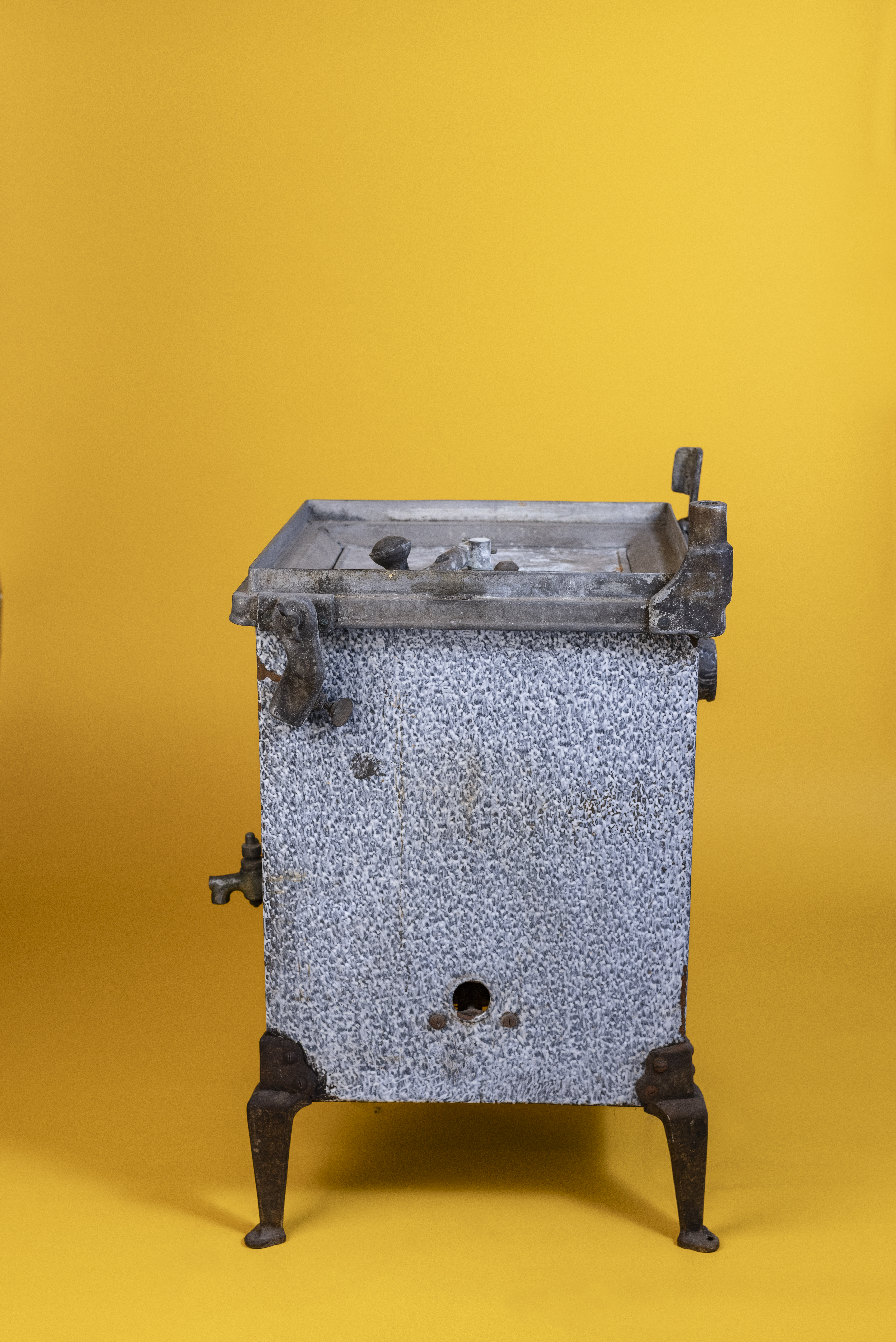Women or servants who were repeatedly carrying out the mundane chores of looking after the home and family; cooking, cleaning, laundry and care, made important energy decisions every day.
The Industrial Revolution in the home was accompanied by a dramatic change in the social organisation of house-work. New technologies and new energy forms often placed domestic work in the hands of the lone housewife as children were increasingly going to school, servant numbers decreased and men were positioned as ‘bread-winners’.
Wives, mothers, maids and daughters were either unpaid or underpaid for this labour in the home. If we do not pay for work, we do not record and measure it and therefore we do not value it.
Therefore, their work rarely features in the histories of energy change.
